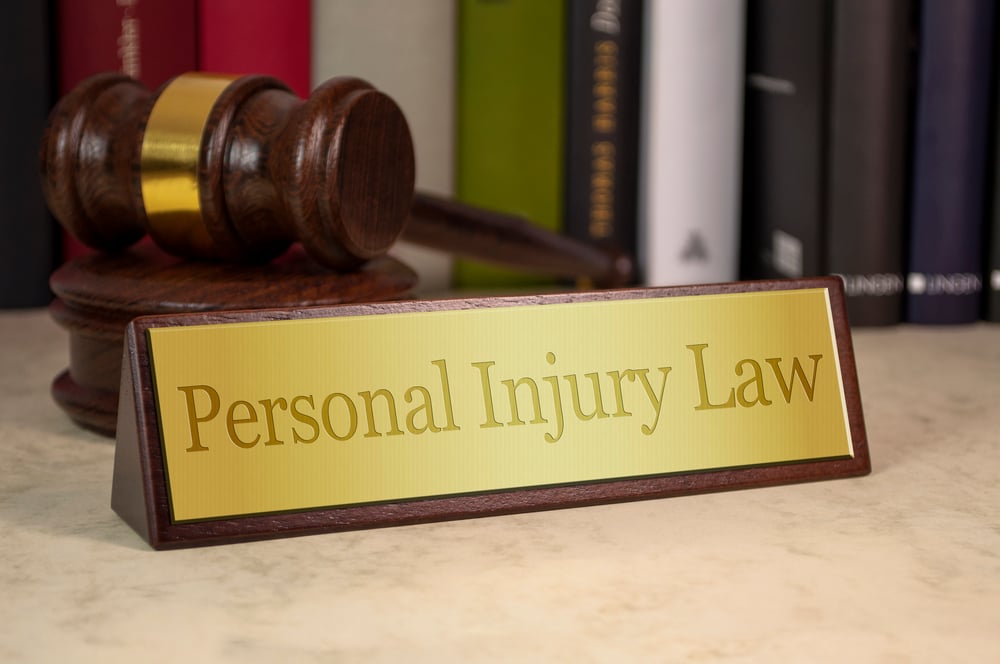If you have suffered injury or illness due to somebody else’s negligence, you may be eligible for compensation.
But embarking on a personal injury claim can feel daunting, especially in the traumatic aftermath of an accident or illness. Therefore, finding the right personal injury lawyer to handle your claim from the outset is the most crucial factor in ensuring a successful outcome for you or your family.
Below are five of the most important questions to ask and research when beginning the journey to find a personal injury lawyer who’s right for you.
1. Are They the Right Lawyer for My Injury Claim?
The first thing you need to know is whether the personal injury lawyer or firm you’re choosing to represent you specializes in your type of claim. You need a specialist rather than a generalist, so it’s usually better to steer clear of lawyers who practice personal injury law alongside other forms, such as divorce and criminal law.
Within the field of personal injury law, there are plenty of specific subsets in which specialist lawyers represent plaintiffs depending on the type of injury or illness suffered and how and where it occurred. For example, personal injury lawyers can commonly specialize in car accident claims, workplace-related injuries, and claims stemming from medical malpractice.
Finding a lawyer specializing in your type of claim, who has a proven track record of success with similar cases, is the fundamental starting point for making a successful claim and being awarded a fair settlement.
2. What Accreditations Do They Have?
Beyond the basic necessity of establishing an attorney or law firm’s legitimacy, assessing a law firm’s credentials is another valuable way of ascertaining whether they are the right people to help you.
Board certification from the state where a firm operates is an important credential and an indicator of experience and professional competence. Board-certifying organizations are approved by the American Bar Association, and board certification depends on continuing proof that these lawyers educate themselves in their specialist fields and constantly uphold the highest ethical standards. For example, Board certification by the American Board of Professional Liability Attorneys (ABPLA) is the best guarantee that an attorney is competent in medical and legal malpractice.
3. Do They Have Positive Reviews and Testimonials?
An overview of a law firm’s general professionalism and competence is easily made by checking their overall score and accompanying comments on reputable online consumer review sites, such as Trustpilot and Google.
A presence on peer review platforms that rate attorneys and law firms on legal ability and professional ethics is another good indicator of a personal injury law firm you can trust with your claim. Super Lawyers, for example, is a rating service that lists the best lawyers in over 70 practice areas across the U.S. based on peer recognition and personal achievement.
Meanwhile, The Million Dollar Advocates Forum is a prestigious group of trial lawyers that only includes members who have won million and multi-million-dollar settlements for their clients. Fewer than 1% of U.S. lawyers are members.
4. What Success Do They Have in Cases Like Mine?
If the personal injury lawyers you’ve been researching all tick the boxes above, relevant case studies can be the deciding factor.
Any firm that’s enjoyed successful outcomes for its clients should be more than happy to talk about them, so don’t be afraid to ask about the settlements a firm has previously negotiated for cases similar to yours. Again, the perspective of a fellow former claimant can be invaluable in understanding what might be required of you going forward and how much you may expect to receive for your type of injury claim.
5. What Are Their Terms of Payment and Service?
Before you decide and engage a law firm, make sure you fully understand their terms of service and what will be charged or deducted from you in terms of fees once a final settlement or recovery is made. Avoid hidden surprises by carefully reading all the terms and conditions in your client agreement, and always feel confident to flag anything you don’t feel you fully understand.
Many firms will handle your claim on a “no-win, no-fee” basis. Also known as a “contingency fee” arrangement, this agreement states you won’t have to pay anything for an attorney’s services unless your claim is successful. However, it is always important to know what percentage of your final settlement a firm intends to take as their fee and if they charge additional fees — or engage another firm entirely — if you choose to take your injury claim to trial.
Choosing a personal injury lawyer is not a decision you want to rush. However, it’s vital to do due diligence to avoid signing your case to a lawyer only to discover you can’t trust them to fight for a fair settlement.


